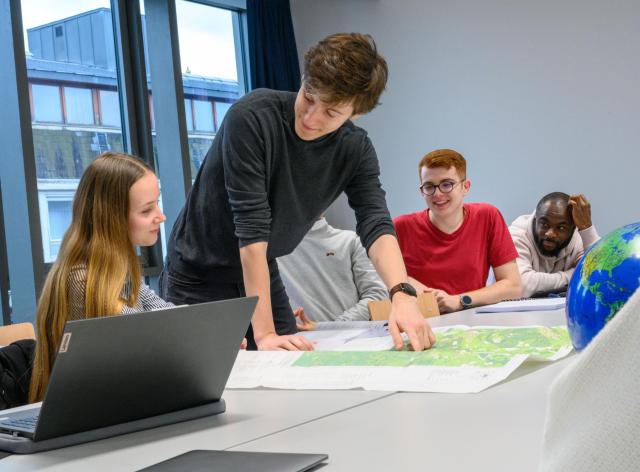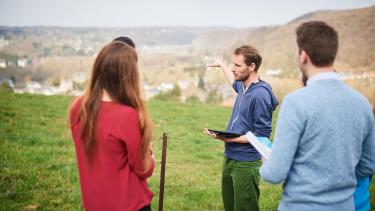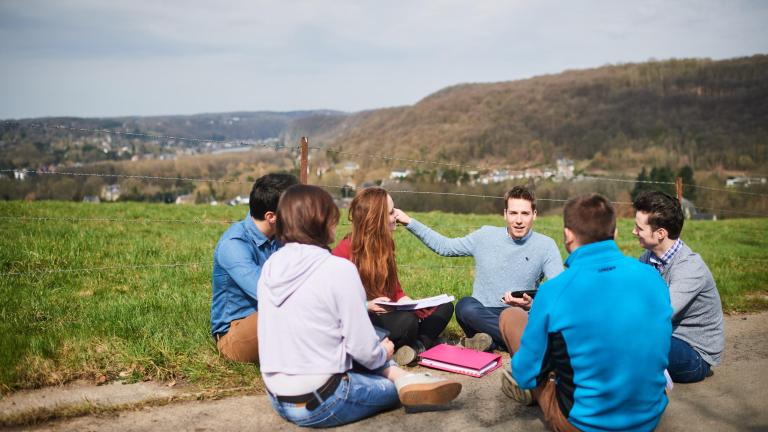Geography is concerned with the interactions between man and the environment, and the processes that influence these interactions, such as urbanization, agriculture, mobility, trade, globalization and climate change. A science of action, geography offers a framework for reflection and tools to guide decision-makers towards sustainable solutions, thus promoting the harmonious development of societies and the preservation of the environment.
Geography is a committed science. It explores, deciphers and improves the organization of our environment, thus contributing to a better developed and more sustainable planet.
Geographers, with their unique perspective, examine the complex links between man and his habitat. They go beyond the simple questions of "where" and "at what scale", looking at the reasons for "why here rather than elsewhere?" and ways of optimizing the management of space.
At the crossroads of the natural and social sciences, geography occupies a central position, proposing comprehensive and thoughtful solutions to questions of location. It does not content itself with theories, but implements modern tools such as computerized cartography, geographic information systems, remote sensing, satellite imagery and data analysis.
That's not all: geography goes beyond theory by putting these tools to work in the service of regional planning, technical cooperation and development aid policies, demonstrating its commitment to humanity.
Geographers observe and analyze territories, organizations, individuals and ecosystems in order to understand them, to grasp their complexity and then to be able to propose solutions.




